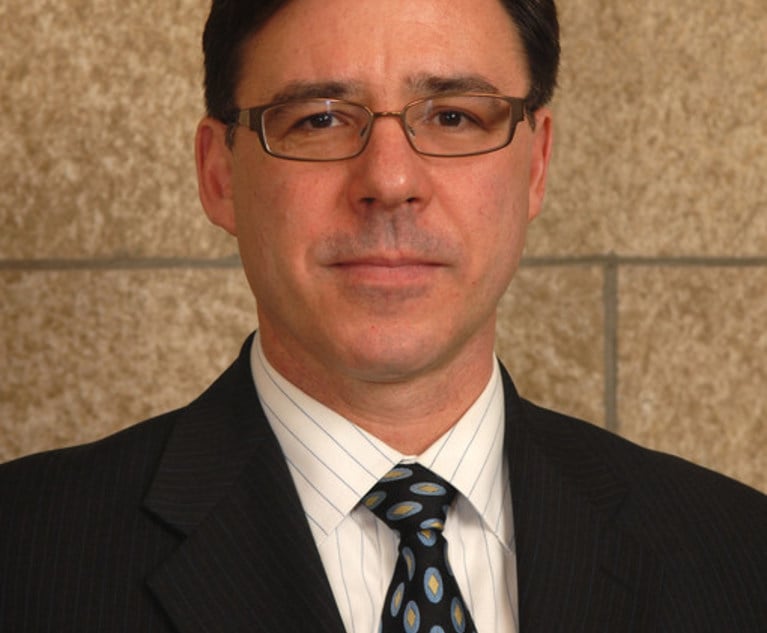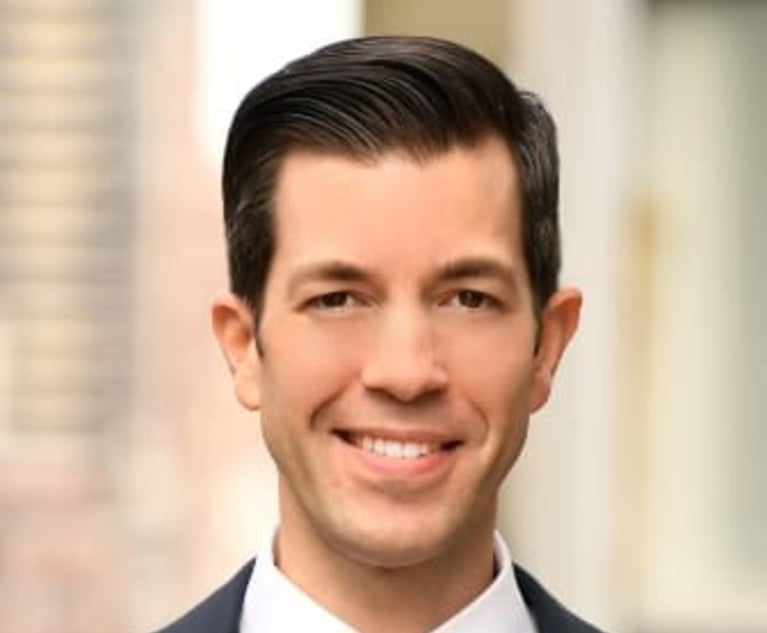To obtain a conviction on criminal tax charges, the government must prove the defendant acted “willfully.” In Cheek v. United States, 498 U.S. 192 (1991), the Supreme Court held that to satisfy this burden the government must “prove that the law imposed a duty on the defendant, that the defendant knew of this duty, and that he voluntarily and intentionally violated that duty.” Over the past 30 years, defendants have sought to negate the government’s evidence of willfulness both through their own testimony and by presenting other evidence that they held a good faith belief that their conduct was lawful.
Courts have recognized that, where willfulness forms a critical component of the defense, defendants are entitled to wide latitude in introducing evidence showing their lack of criminal intent. See United States v. Garber, 607 F.2d 92, 99 (5th Cir. 1979). In practice, however, defendants have struggled to present expert testimony as part of a Cheek defense. This column analyzes recent Circuit Court decisions rejecting claims that defendants were improperly deprived of their ability to present a Cheek defense through expert testimony.


 Jeremy H. Temkin
Jeremy H. Temkin




